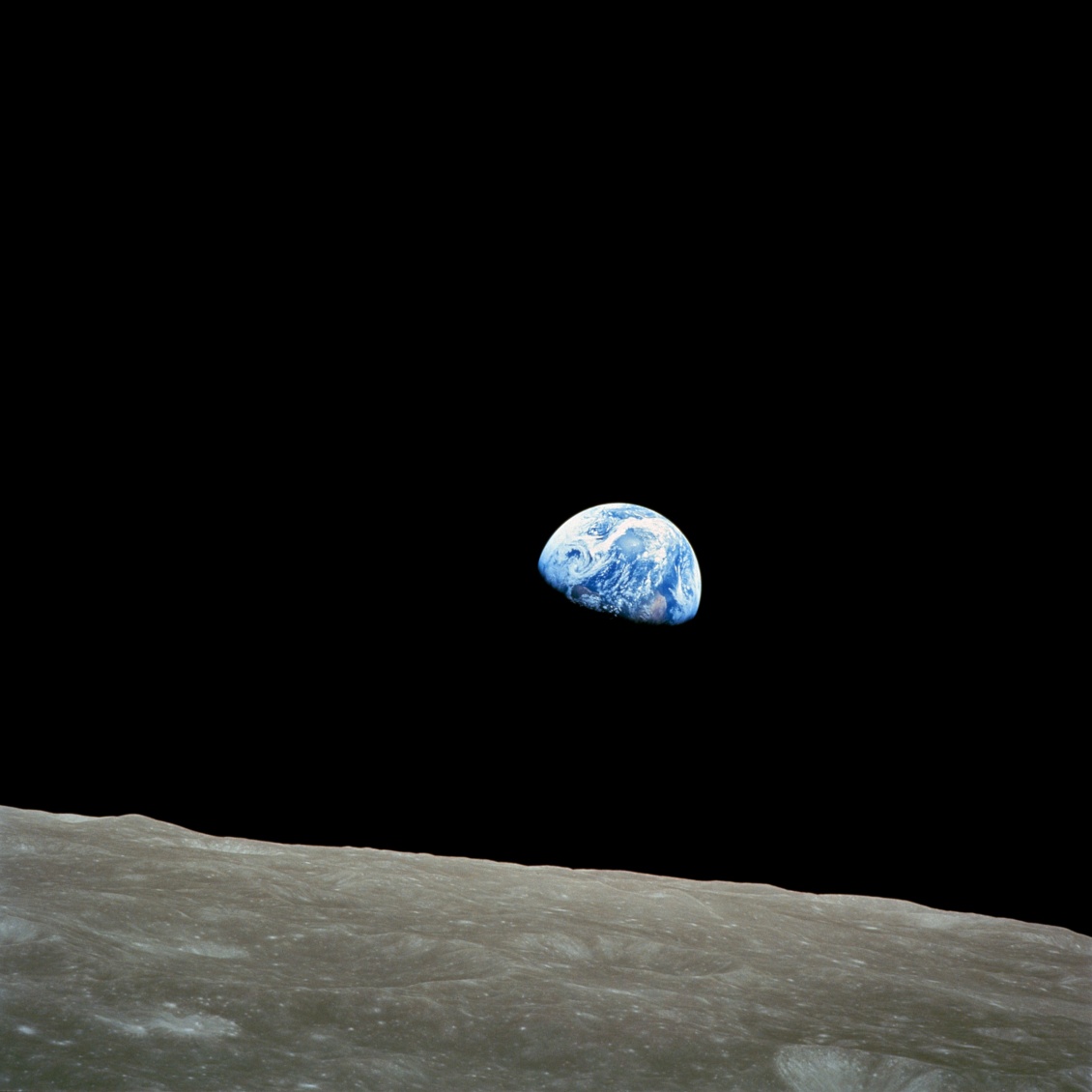
Going Deeper: A New Worldview
The old stories have not led us to a desired future but ever deeper into the mess we are in.
/ February 6, 2015

The old stories have not led us to a desired future but ever deeper into the mess we are in.
/ February 6, 2015
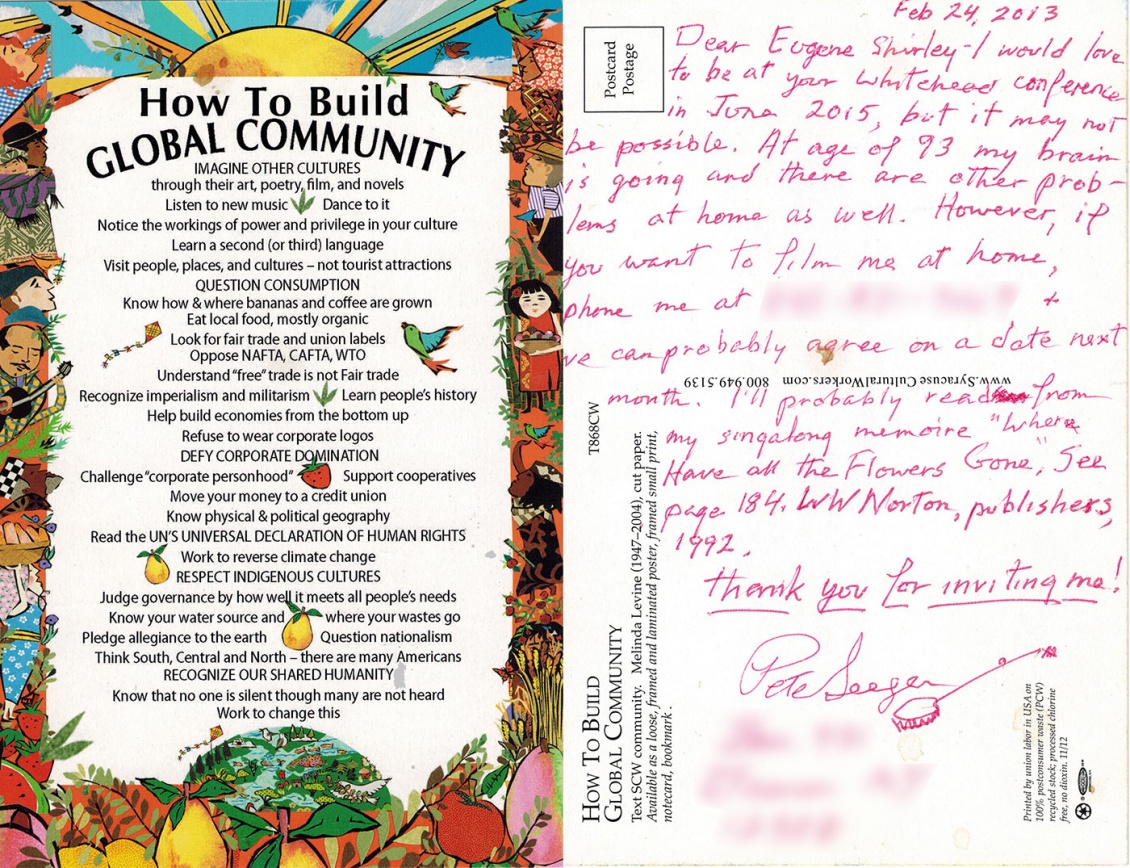
Inaugural conference will open with a video message from legendary singer/songwriter Pete Seeger, composed a few months before he died.
/ February 4, 2015
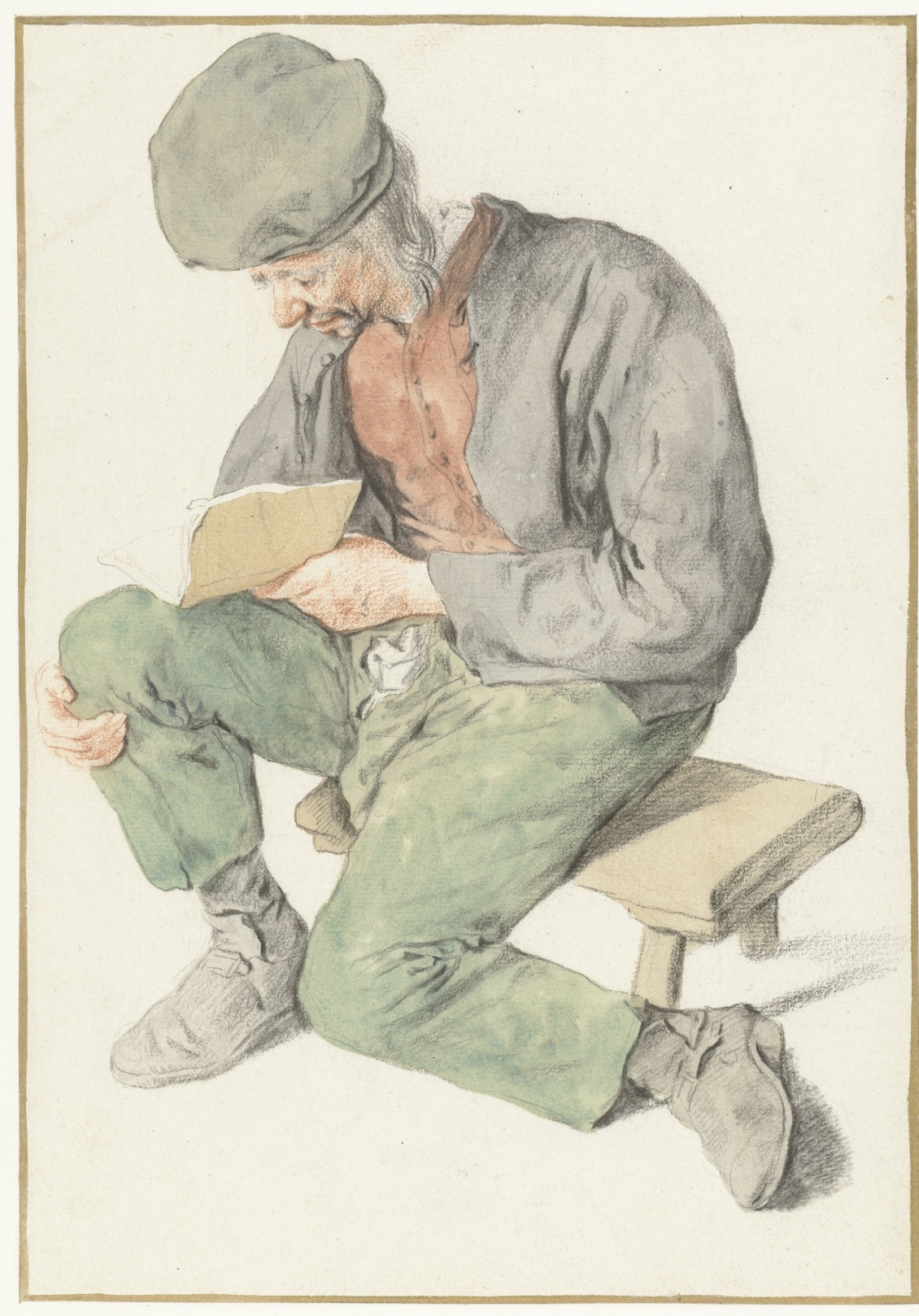
Books that reassess fundamental assumptions and examine worthy alternatives -- for your reading list between now and the June conference.
/ January 31, 2015

Economic growth should stop when the marginal cost of economic growth begins to exceed its marginal benefit. Beyond that point, further growth brings about dis-economy, or growth-induced problems, which do more harm than good.
/ January 31, 2015
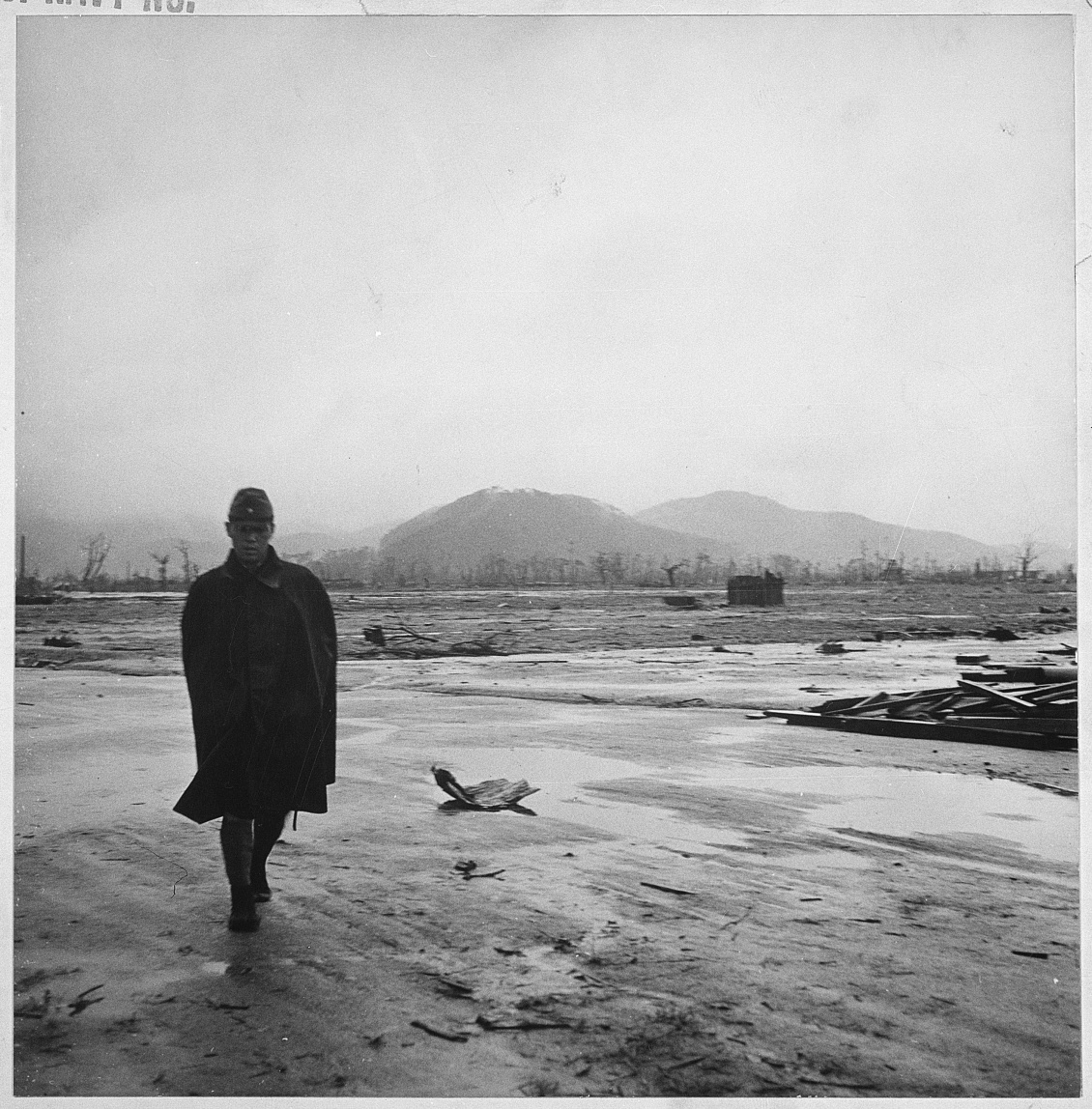
The city that had been obliterated by a single bomb was the city in which I had played with the dog: Hiroshima, my childhood home.
/ January 9, 2015
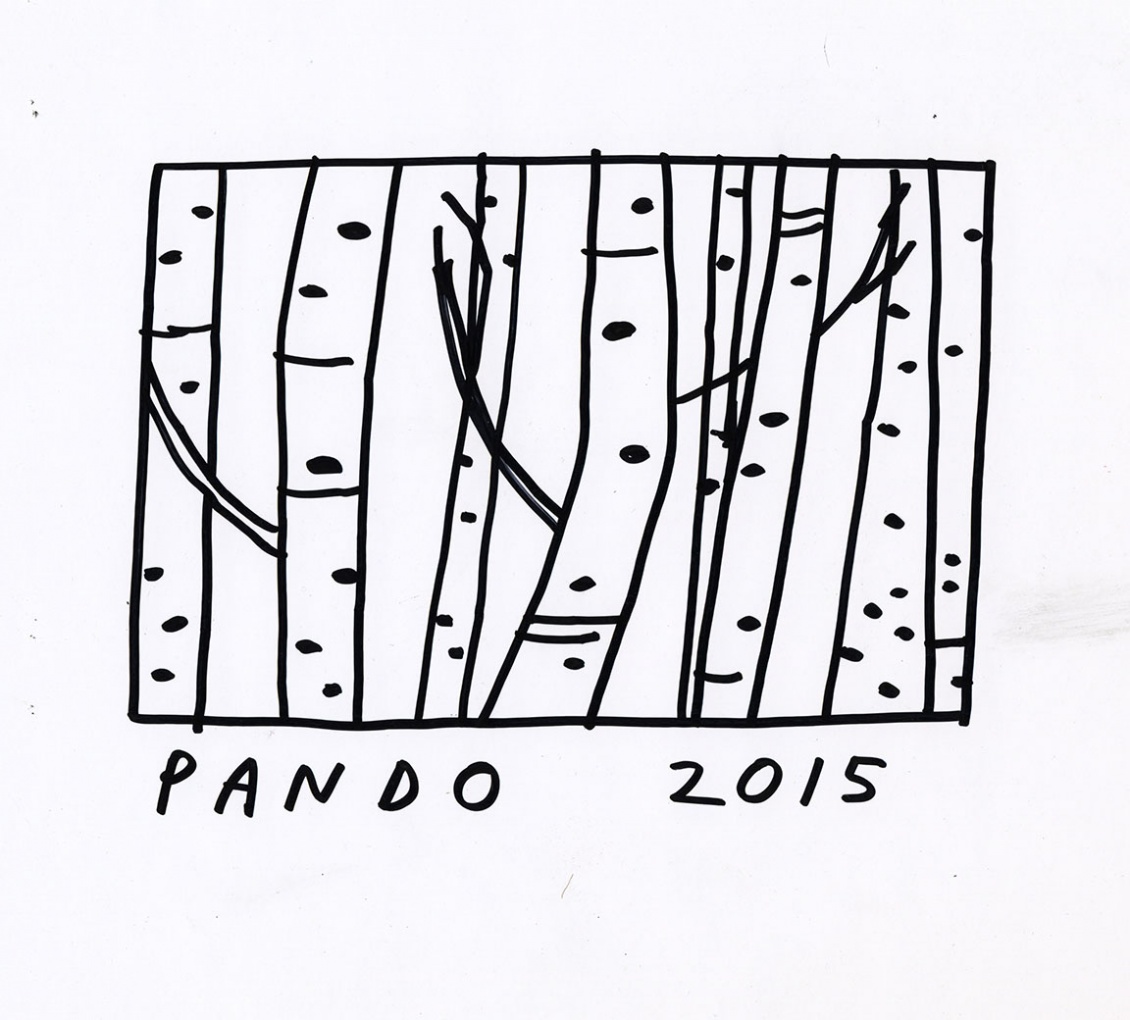
The vision we as Whiteheadians want to promote is of the world as “a communion of subjects rather than a collection of objects.” The phrase comes from Thomas Berry, who gained his vision from Teilhard de Chardin.
/ January 9, 2015

Despite these difficulties, most logicians continue to identify the proposition as a linguistic entity and to assume that the language can be settled in such a way that the statement is either true or false. Whitehead makes a different move. For him, the proposition is not a linguistic element. It is a relation in the real world between some entity, usually a society of some kind, and a pure potential or abstract possibility on the other.
/ January 8, 2015

The data of our conscious experience are all what Whitehead calls societies, and the vast majority of our thoughts are about societies.
/ January 8, 2015
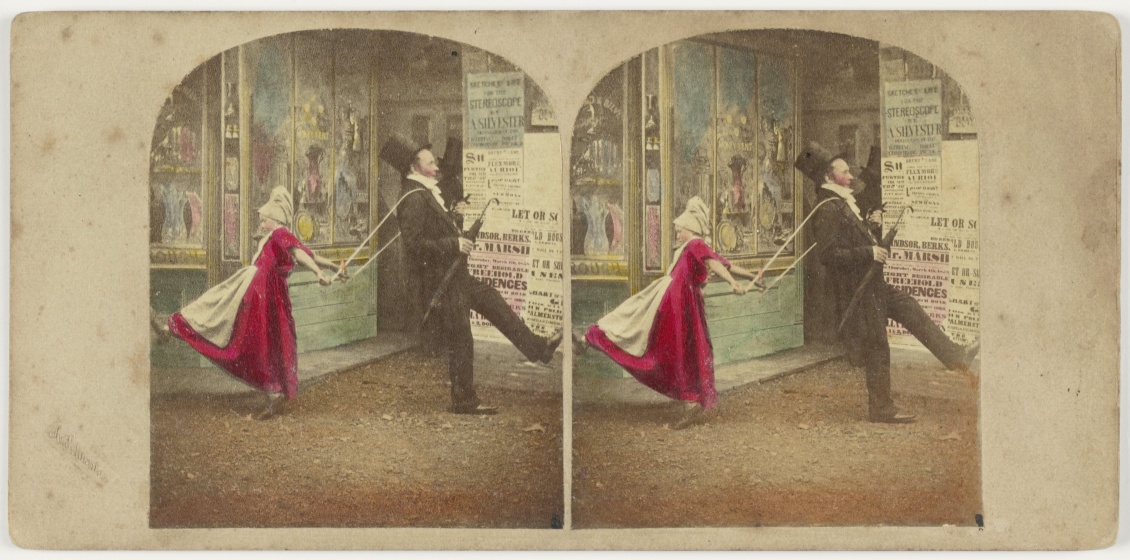
Whitehead saw that a moment of human experience is neither physical nor mental, or we could say it is a very complex integration of both.
/ January 8, 2015
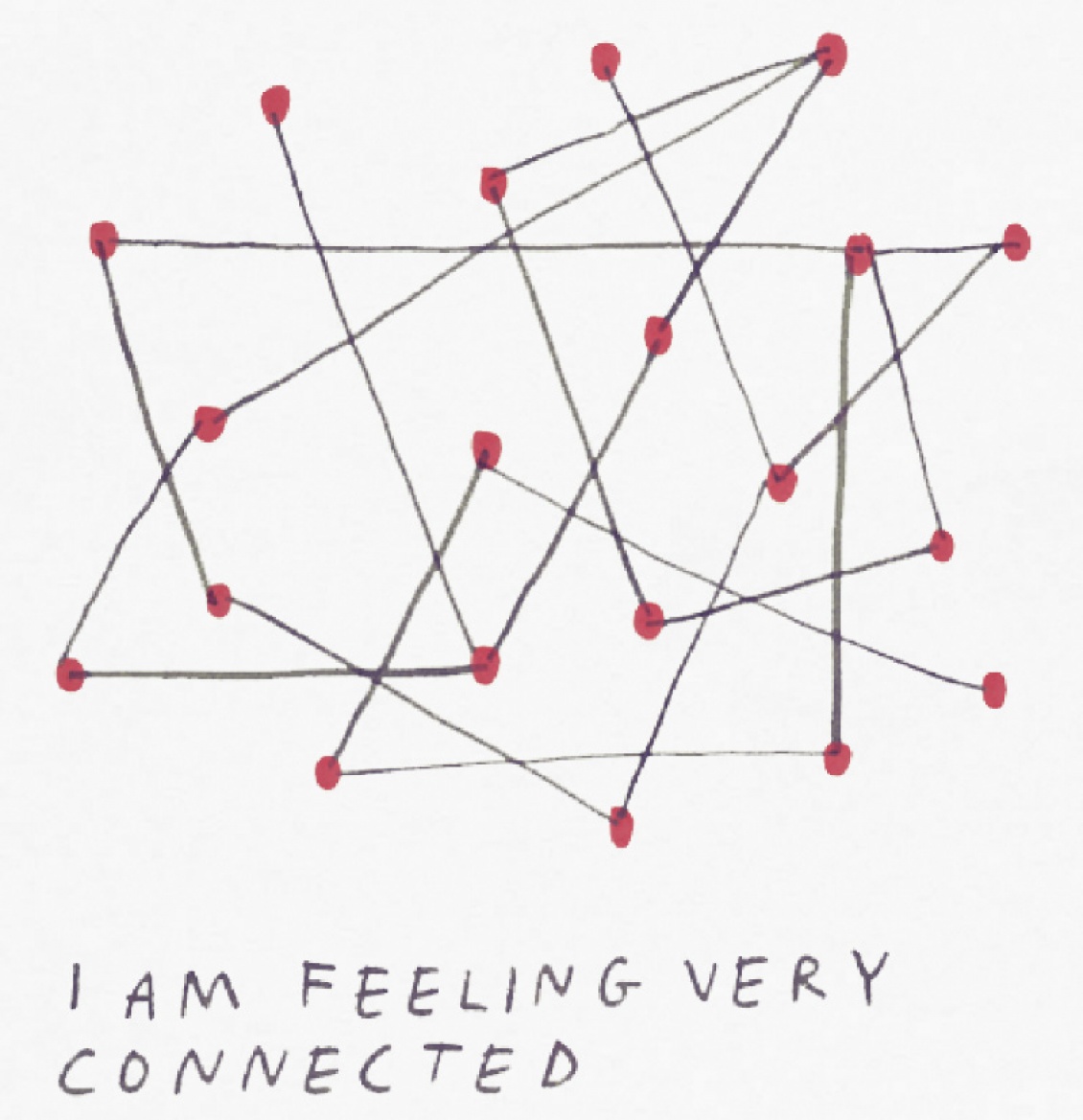
Whitehead shows us the importance of what in popular parlance are sometimes called “vibes.” Learning takes place in experience that is the synthesis of real relations -- to the personal past, the body, and the wider world.
/ January 8, 2015
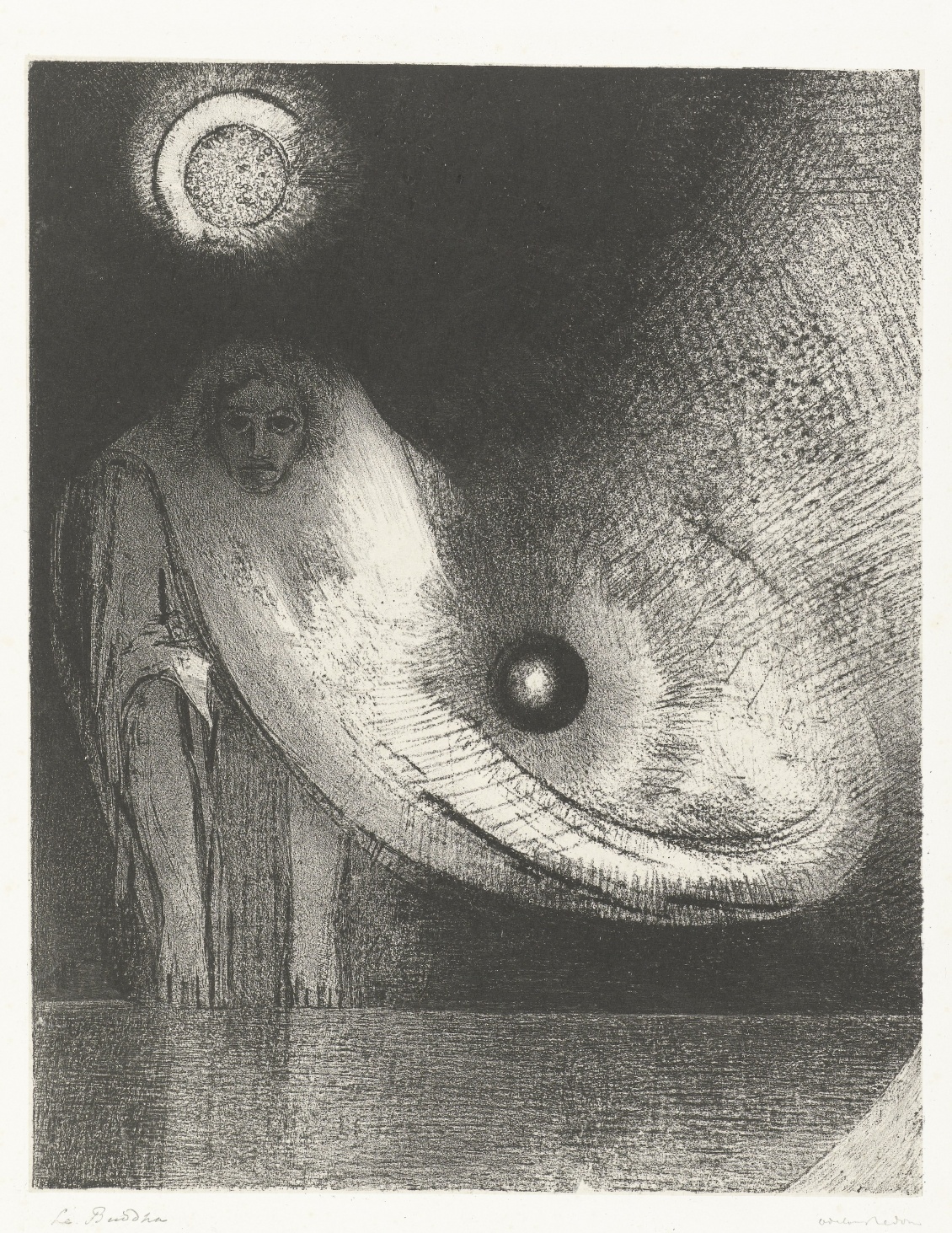
All too often today, at least in the United States, “spirituality” is juxtaposed to “religion” as an alternative. “Spiritual but not religious” has become a cliché. It often becomes individualist, self-serving, and separated from concerns for justice and peace in the public world.
/ January 8, 2015
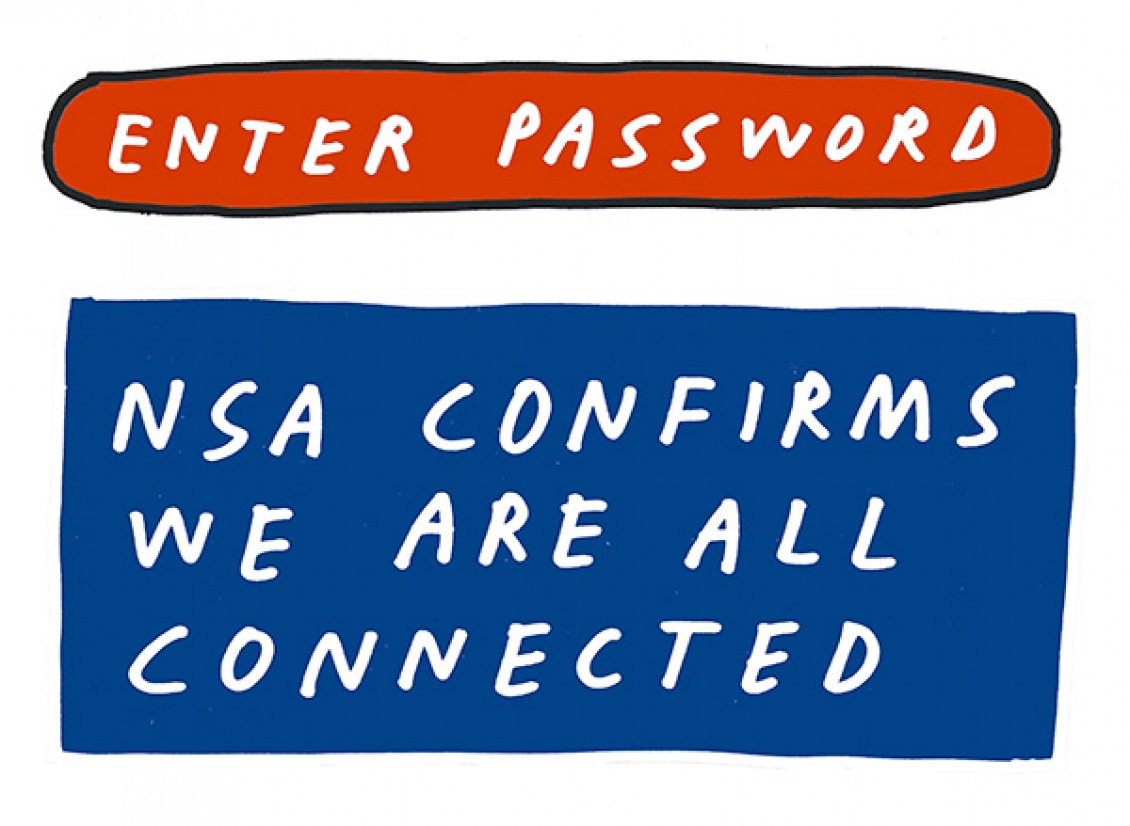
In a time of global crisis we need leaders who care about the whole world and think in terms of what is good for the whole. We need world loyalty.
/ January 8, 2015